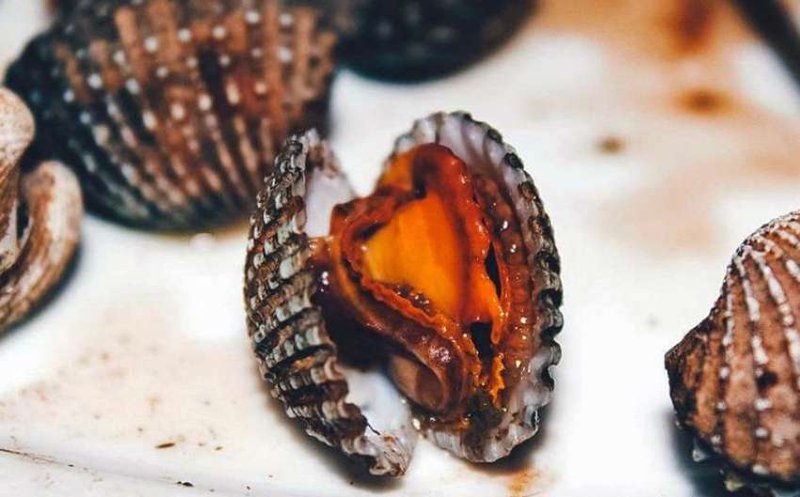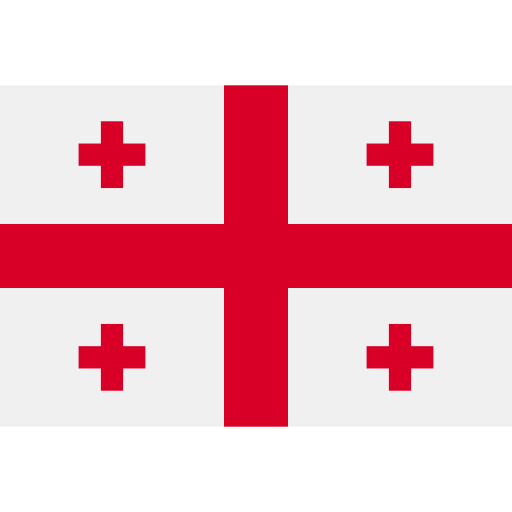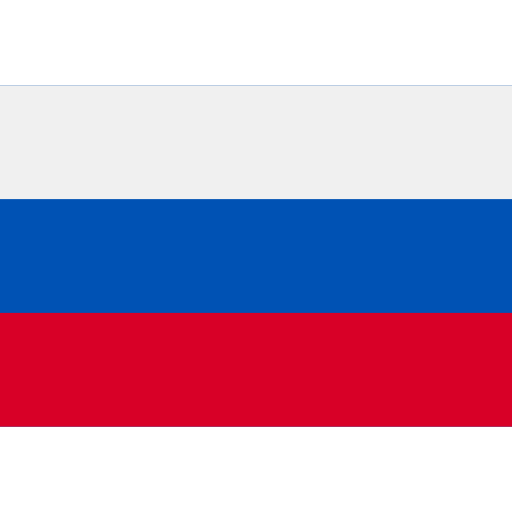Decrease in shellfish imports in Georgia: data for 9 months

According to the latest data, the volume of import of shellfish decreased by almost a third compared to the same period in 2022. The BMG media platform reported that the country imported 62 tons of shellfish and not only for a total amount of about 730 thousand dollars. Against this background, the total import of seafood decreased by 42.7%, amounting to only 70 tons.
Interestingly, Italy turned out to be the largest supplier of shellfish by value, while China remained the leader in terms of quantity. 1 ton of mollusks and invertebrates totaling $214.8 thousand were received from Italy. While imports from China amounted to 33 tons worth 145.8 thousand dollars.
In addition, 10 tons were imported from the Netherlands and Portugal in the amount of 83 thousand and 58.9 thousand dollars. 2 tons of shellfish worth 68 thousand dollars were imported from France.
At the same time, Georgia successfully exported 117 tons of shellfish, which brought about $ 1.1 million to the budget. The main volume of shipments of local production was sent to 2 countries. 116 tons of shellfish, worth $ 1.05 million, went to France, highlighting the high demand for Georgian seafood in this country. It should be noted that Italy was also among the recipients, having received only one ton of shellfish, but this brought an additional 7 thousand dollars of income for Georgia.
The import of shellfish is becoming an important source of income for Georgia, contributing to the diversity of its economic potential. These results highlight the growing interest from foreign markets in Georgia's products and its ability to compete successfully on a global scale.





1 comment
Log in to leave a comment